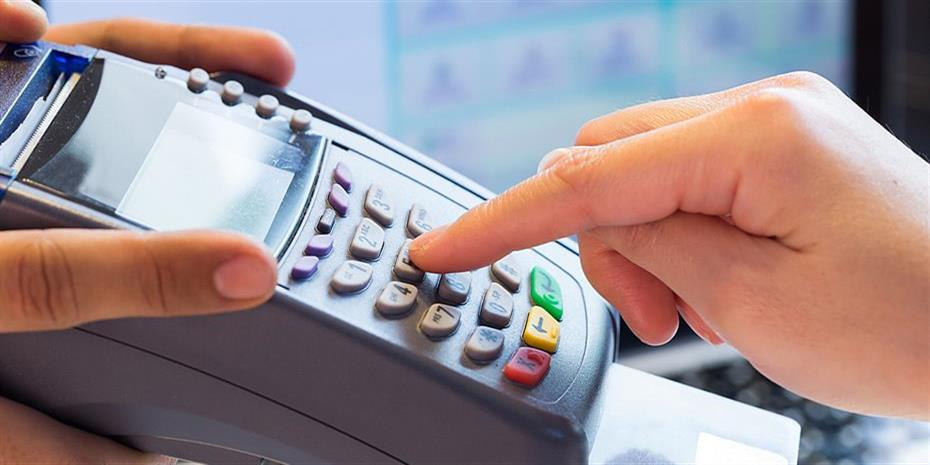
The impact of the pandemic on boosting the use of payment cards is reflected in a new study by the Foundation for Economic and Industrial Research.
The study "Electronic payments in Greece after the pandemic," published today, shows that electronic payments continued to expand systematically in Greece after the pandemic, with a corresponding positive impact on fiscal revenues due to increased tax compliance.
As the IOBE study shows, the use of cards has systematically expanded since 2015, following the imposition of capital restrictions, the measures to promote electronic payments (Laws 4446/2016, 4646/2019, and 4876/2021), and the pandemic crisis. The speed of the spread of payment card usage is among the highest in the EU-27. For example, between 2014 and 2022, the cumulative increase in card usage was 20 times greater in terms of the number of transactions and 9 times greater in terms of transaction value.
Compared to post-pandemic payment habits, online payments have been permanently boosted above their pre-pandemic level. As an illustration, the share of online transactions versus physical transactions increased from less than 1:5 to about 1:3 after the pandemic. Consumers continue to expand their use of plastic money for lower-value transactions with a physical presence. The value of domestic payments via Greek cards exceeded the value of cash withdrawals for the first time in 2022.
Although the spread of digital payments is proportionally stronger for purchases of goods than services, the recent expansion of card payments has been stronger in services than in goods, thus narrowing the gap in the relative usage mix. Almost 40% of digital payment usage is now for services, compared to less than 20% in 2015, while the share of services in total household consumption expenditure is close to 45%. Goods dominate physical card transactions, while services dominate online transactions.
Card payments have increased at different rates by sector and transaction type since the pandemic era. As an example, restaurants and betting services are individual sectors where card spending shares have expanded significantly. At the same time, around 40% of the value of card payments is still spent in supermarkets, petrol stations, and on utility bills.
The growth of digital payments in Greece continued to have a significant positive impact on tax revenues after the pandemic. The annual positive impact of the expansion of card payments on VAT revenues is estimated at around €600 million for 2022. Every €10 of new spending with cards in 2022 is estimated to involve, on average, €0.67 of previously undeclared VAT revenue.






